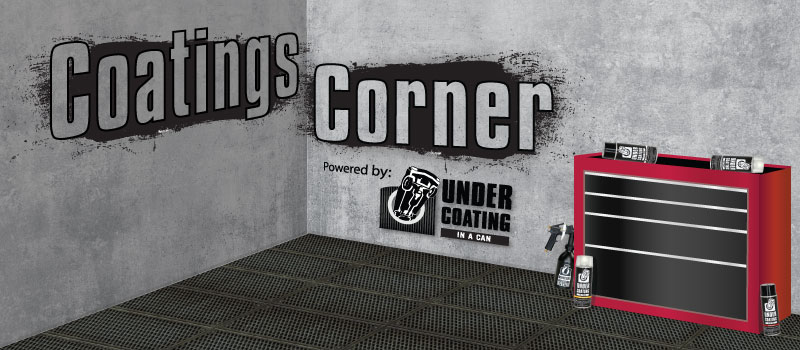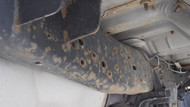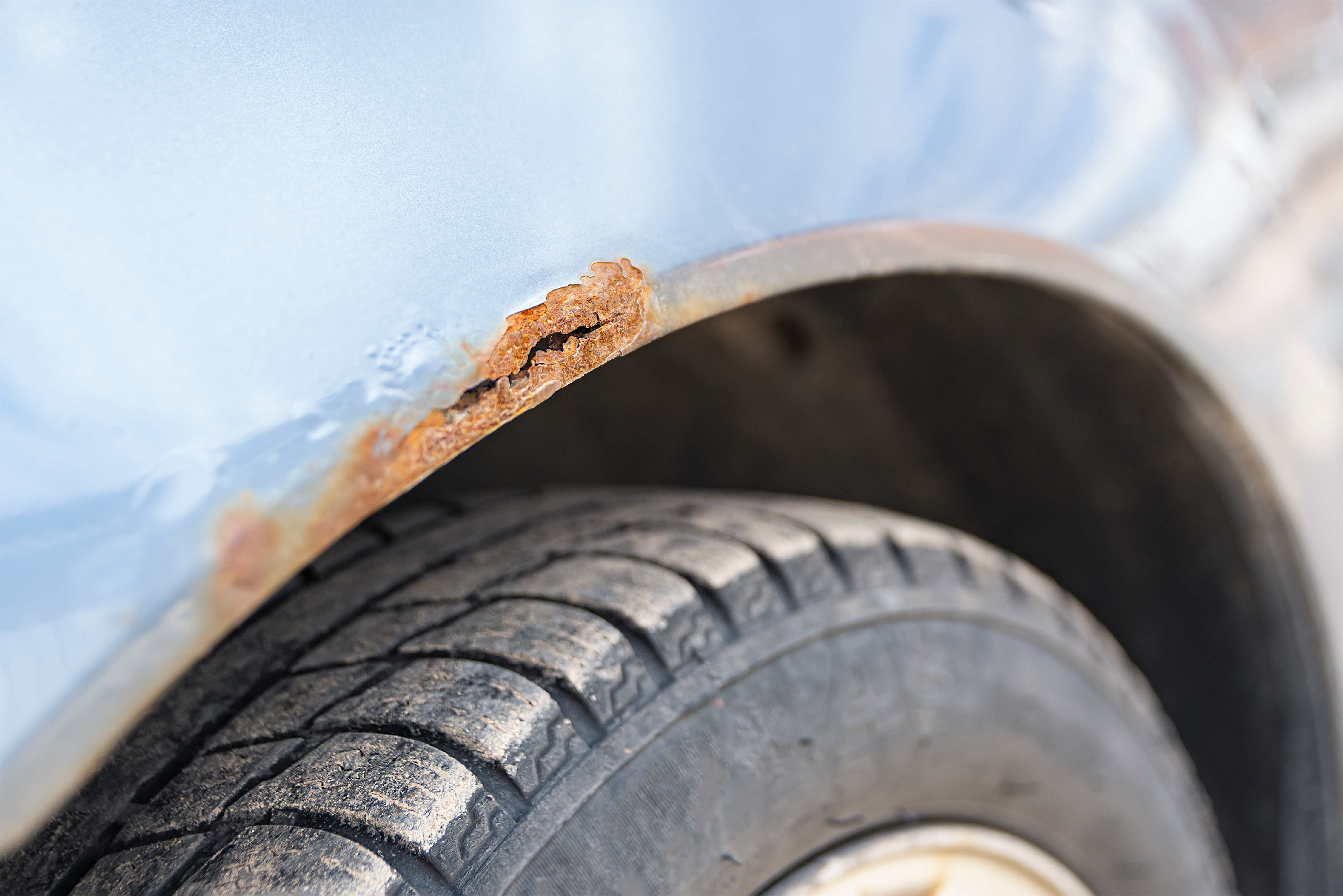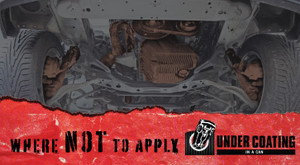What Is Rust? Understanding and Protecting Against Corrosion
By on Mar 16th 2023

Rust is a common enemy of metals, causing serious damage to valuable possessions, infrastructure, and machinery. Preventing rust and corrosion is essential to prolonging the life and maintaining the structural integrity of metal objects. In this article, we will explain what rust is, why it forms, and how you can protect your metal assets using the right protective coatings.
What is Rust?
Rust is a reddish-brown, flaky substance that forms on the surface of certain metals, most notably iron and steel, when they react with oxygen and moisture. This chemical reaction, known as corrosion, causes the metal to deteriorate over time. The primary culprit behind rust is a compound called iron oxide, which forms when iron or steel comes into contact with water and oxygen. Corrosion not only weakens the metal but also creates unsightly blemishes on its surface.
How Does Rust Form?
The formation of rust involves an electrochemical process. When an iron or steel surface is exposed to water and oxygen, the iron atoms lose electrons and form positively charged iron ions. These ions then react with oxygen molecules in the presence of water to create hydrated iron (III) oxide, which is commonly known as rust. Water is the main catalyst for oxidation (rust formation).
Factors Affecting Rust Formation
Several factors can influence the rate at which rust forms on a metal surface, including:
- Presence of moisture and oxygen: Rust requires both moisture and oxygen to form. High humidity and temperature can accelerate the process.
- Exposure to corrosive chemicals: Certain chemicals, such as salt, can speed up the corrosion process. Specific environments are particularly problematic, with acid rain, saltwater, and road salt all contributing to faster rust development.
- Metal composition: Metals with higher iron content are more susceptible to rusting.
Important to Remember!
Once rust forms, it spreads quickly and never really stops. The only way to really stop rust formation is to remove all corrosion and protect the base metal with some type of barrier. Otherwise, rust is going to continue to spread unchecked.
Protective Coatings to Prevent Rust
Applying a protective coating is one of the most effective ways to prevent rust and corrosion on metal surfaces. These coatings create a barrier between the metal and the environment, blocking moisture and oxygen from reaching the metal surface. Some of the most popular protective coatings include:
Protect Your Metal Assets Today!
Understanding the process of rust formation and the factors that contribute to it is crucial in developing effective strategies to prevent corrosion. By using the appropriate protective coatings, you can safeguard your metal assets against rust and prolong their lifespan, ensuring they remain functional and maintain their aesthetic appeal.
SHOP ALL PRODUCTSHave Questions?
Always consult with professionals or follow the manufacturer's instructions when selecting and applying protective coatings to ensure the best possible results.
CONTACT US








